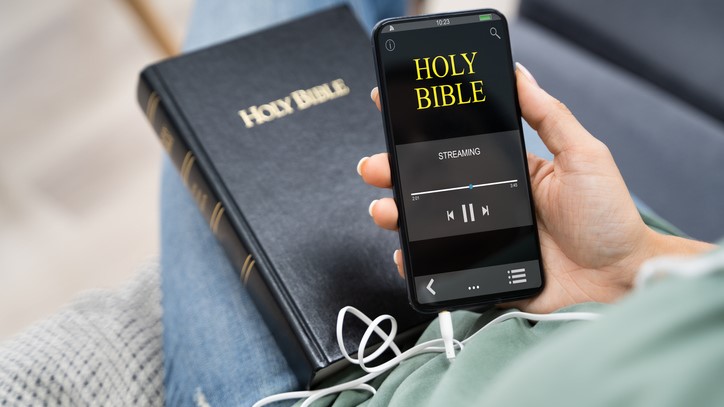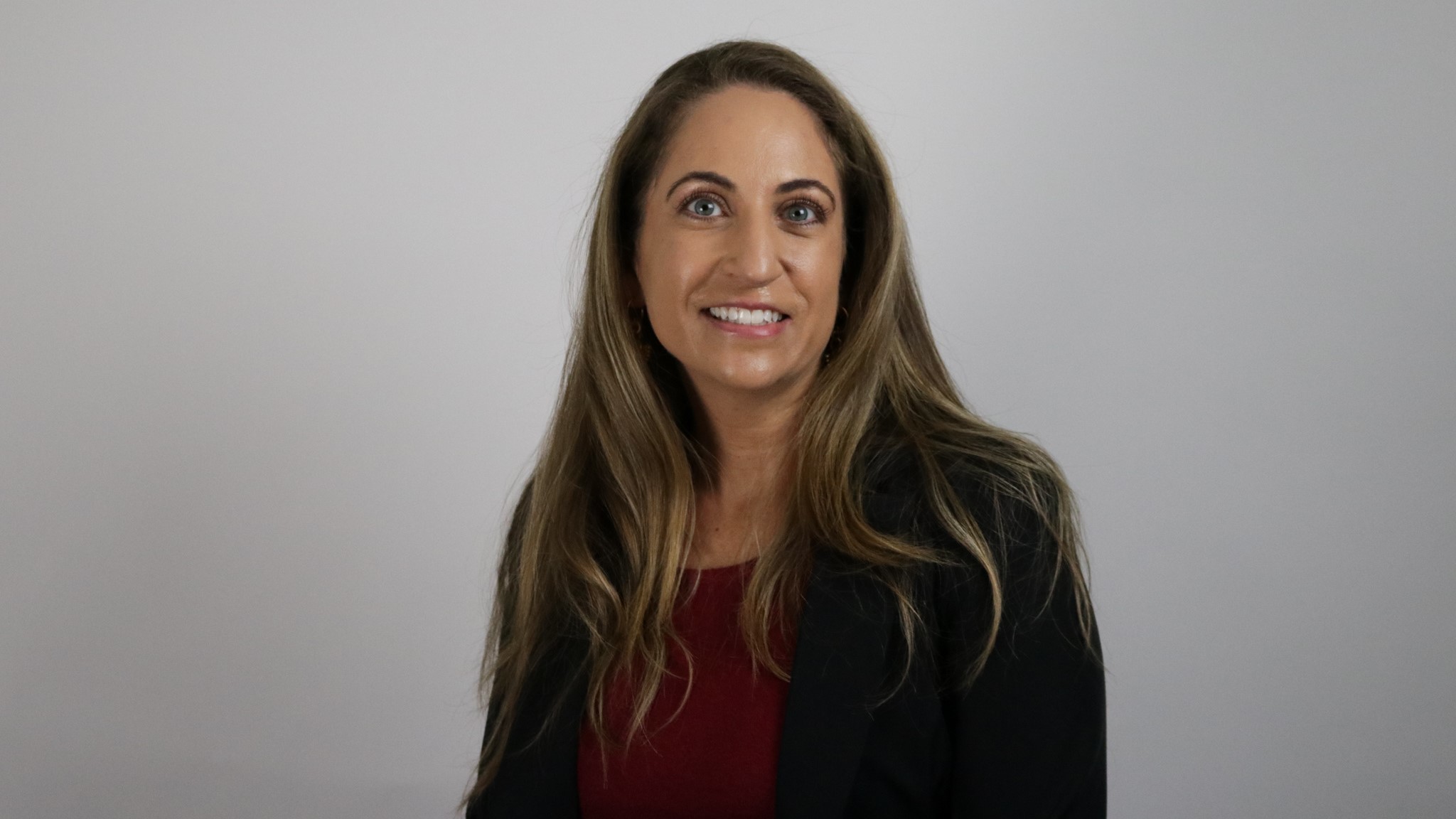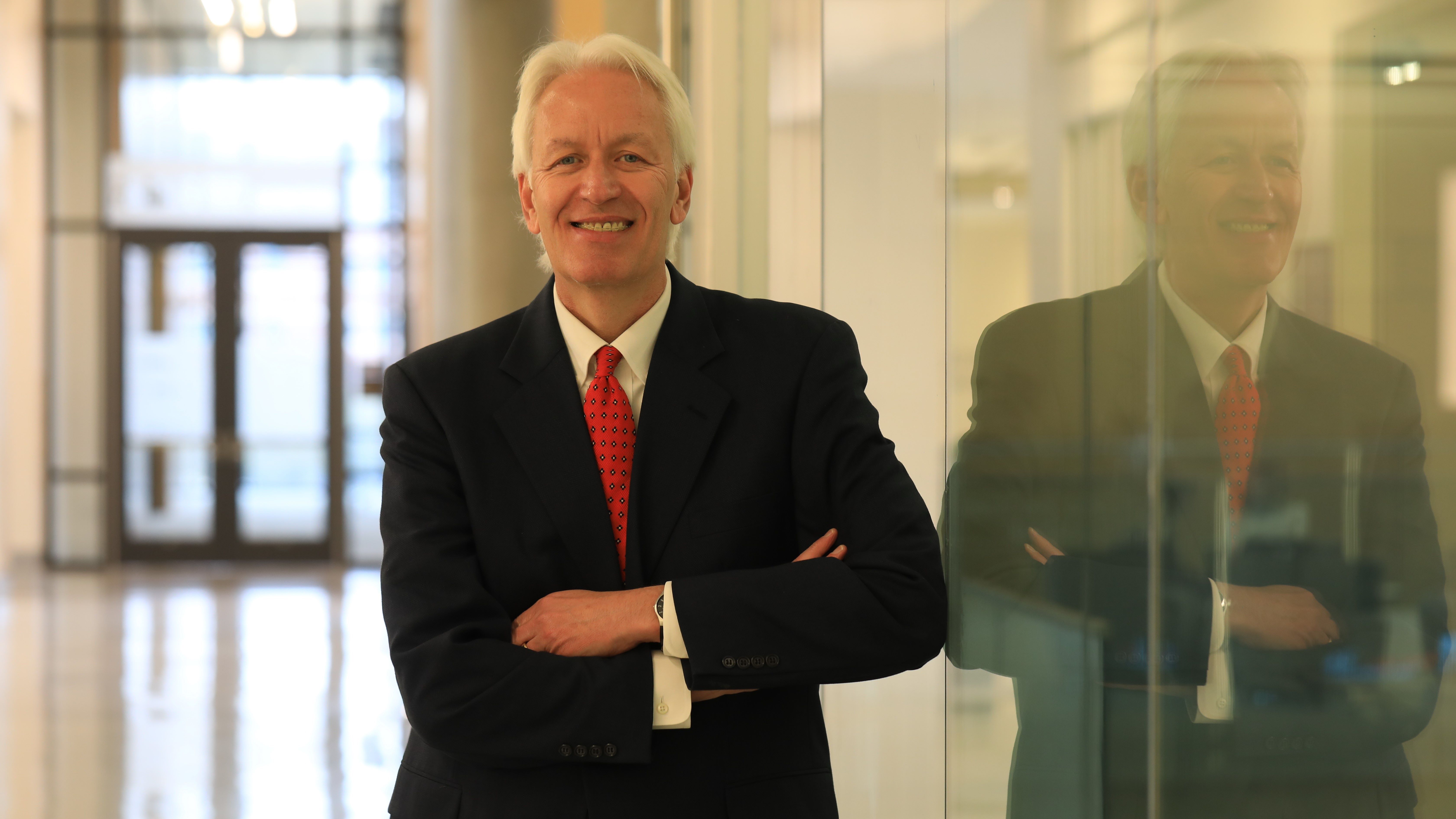For God’s Sake: Baylor Researchers Develop a New Model to Predict Smartphone Use during Church Services
Media Contact: Kelly Craine, Baylor University Media and Public Relations, 254-297-9065
Follow us on Twitter: @BaylorUMedia
WACO, Texas (Feb. 15, 2023) – Smartphones are a ubiquitous part of daily life, always close by for a quick update or scroll. But there are some spaces where smartphone use may be uncertain or even unwelcome – church services, for instance.
Noted Baylor University smartphone researchers Meredith E. David, Ph.D., associate professor of marketing, and James A. Roberts, Ph.D., The Ben H. Williams Professor of Marketing, have developed a new model that is a powerful predictor of the intent to use smartphones during church services.
Their recent article – “For God’s Sake: Integrating the Theory of Reasoned Action and Technology Acceptance Model to Predict Smartphone Use during Church Services” published in the International Journal of Human-Computer Interaction – introduces a New Integrated Model of Technology Acceptance (NIMTA) that combines the Theory of Reasoned Action (TORA) and the Technical Acceptance Model (TAM) to predict more accurately the acceptance of incorporating smartphones into a church service.
“The model we developed for this study is a real game-changer,” David said. “Unlike many other situations in life, our research found that what other people think has little impact on people’s smartphone use during church services. How we practice our faith is such an integral part of who we are that other people’s opinions and behavior don’t enter into the equation.”
Their empirical study – believed to be the first of its kind –continues David and Roberts’ robust body of research on consumer attitudes on technology, from smartphone addiction to the impact of smartphone use on personal and working relationships.
David and Roberts developed the NIMTA model to:
- better understand the factors associated with smartphone use during church services,
- provide guidance to church administrators managing smartphone use during church services, and
- quantify the relationship between behavioral intentions towards using smartphones during church services and actual behavior.
The acceptance of smartphones in any setting involves a variety of factors that impact behavioral intent, the researchers said, starting with perceived use of ease and perceived usefulness. For example, if an individual feels comfortable navigating a smartphone and believes it will enhance their experience, they will be more likely to use it.
The Study
Church leaders and members may be unsure of the value of incorporating smartphones into services. The comprehensive NIMTA model developed by David and Roberts could provide church leaders with guidance on how to gain acceptance from church members.
The survey included 329 adults in the US who own a smartphone and had attended church within the past four weeks. The participants were asked a combination of questions to assess their perceived usefulness and ease of use of smartphones, as well as their attitudes and perceived social norms regarding smartphone use during church.
- The majority of participants, 59% to be exact, reported having used their smartphone during in-person church services.
- The NIMTA model explained 66% of the variation in intentions to use one’s smartphone during church services.
- Key predictors of intentions of use one’s smartphone during church services were the perceived ease of use, usefulness, subjective norms, attitudes and smartphone playfulness.
A follow-up study with 164 participants from the main study was conducted six weeks later to assess participants’ actual use of their smartphones during church services and to examine the relationship between behavioral intentions and actual behavior.
- The model determined that behavioral intentions explained 44% of the variation in actual smartphone use.
- Importantly, the study results reveal that the newly proposed NIMTA explained a significant amount of the variation in both behavioral intentions and actual behavior during church services.
“The longitudinal study with two survey phases conducted six weeks apart tests a model that can help us better understand the factors associated with decisions to use one’s smartphone during church services,” Roberts said. “This model is a valuable tool in explaining smartphone use in church and also may prove helpful in explaining acceptance decisions across a wide variety of computer-based media technologies.”
Implications for church leaders
Until there’s more research that addresses the relationship between smartphone use during church services and engagement, David and Roberts recommended a “wait-and-see” approach to incorporating smartphones into a church service.
For churches who want to win over reluctant worshippers of the ease of incorporating smartphones into worship services, church leaders can start by demonstrating how smartphones can be an easy and useful tool enhancing the worship experience.
“If church leaders integrate and encourage smartphone use in church (for example, encouraging worshippers to follow the sermon on their Bible app), this will set the tone for the smartphone’s perceived usefulness but also worshipper’s attitude toward its use,” the researchers wrote.
ABOUT THE AUTHORS
Meredith E. David, Ph.D., associate professor of marketing in the Hankamer School of Business at Baylor University, focuses her research on marketing strategies with an emphasis on consumer behavior and well-being. Recently, her research has explored how new media technologies – including smartphones – impact personal and workplace relationships. Dr. David has also published research related to customized pricing tactics, interpersonal attachment styles and the pursuit of health goals. Her research appears in numerous journals, including the Journal of Business Research, Journal of the Association for Consumer Research, Journal of Advertising, European Journal of Marketing and Psychology & Marketing, among others. Dr. David is coauthor of Pearson’s leading Strategic Management textbook (Strategic Management Concepts and Cases – A Competitive Advantage Approach, 18th edition) which is available in many languages and has been used globally for 32 years. Dr. David has been interviewed and quoted for her research in many national and international news outlets, including ABC News, Fox News, Oprah.com, Redbook Magazine, Consumer Reports and Health Magazine, among others.
James Roberts, Ph.D., The Ben H. Williams Professor of Marketing and director of the Center for Nonprofit Leadership and Service at Baylor’s Hankamer School of Business, is an expert on consumer behavior, human-computer interaction, compulsive buying and effects of consumerism and technology on individual happiness. He has published articles in numerous journals, including Computers in Human Behavior, the Journal of Applied Psychology, Journal of the Academy of Marketing Science, Journal of Consumer Psychology, Journal of Consumer Affairs, Journal of Public Policy and Marketing and Psychology & Marketing. He also is the author of two books, “Shiny Objects” (Harper Collins) and “Too Much of a Good Thing: Are You Addicted to Your Smartphone?” Roberts is a nationally recognized expert on consumer behavior and has appeared on the CBS Early Show, ABC World News Tonight, ABC Good Morning America and NBC The Today Show and been quoted and/or featured on The O’Reilly Factor, The Doctors, TIME, U.S. News & World Report, The New York Times, USA Today, The Wall Street Journal and National Public Radio, among others. His current research interests include investigating the antecedents and consequences of smartphone addiction and its impact on personal happiness and professional productivity.
ABOUT BAYLOR UNIVERSITY
Baylor University is a private Christian University and a nationally ranked Research 1 institution. The University provides a vibrant campus community for more than 20,000 students by blending interdisciplinary research with an international reputation for educational excellence and a faculty commitment to teaching and scholarship. Chartered in 1845 by the Republic of Texas through the efforts of Baptist pioneers, Baylor is the oldest continually operating University in Texas. Located in Waco, Baylor welcomes students from all 50 states and more than 100 countries to study a broad range of degrees among its 12 nationally recognized academic divisions.
ABOUT THE HANKAMER SCHOOL OF BUSINESS
Baylor University’s Hankamer School of Business strives to further God’s kingdom through the realm of business, using God-given gifts and academic talents to do so. Faculty and students conduct purposeful research and participate in experiential learning opportunities, all while operating in a Christ-centered mission. Undergraduate students can choose from 13 major areas of study. Graduate students can earn their MBA on their terms, either through the full-time, online or a Dallas-based executive program. The Business School also offers three Ph.D. programs in Information Systems, Entrepreneurship or Health Services Research. The School’s top-ranked programs make up approximately 25% of the University’s total enrollment. Visit hankamer.baylor.edu for more information.


